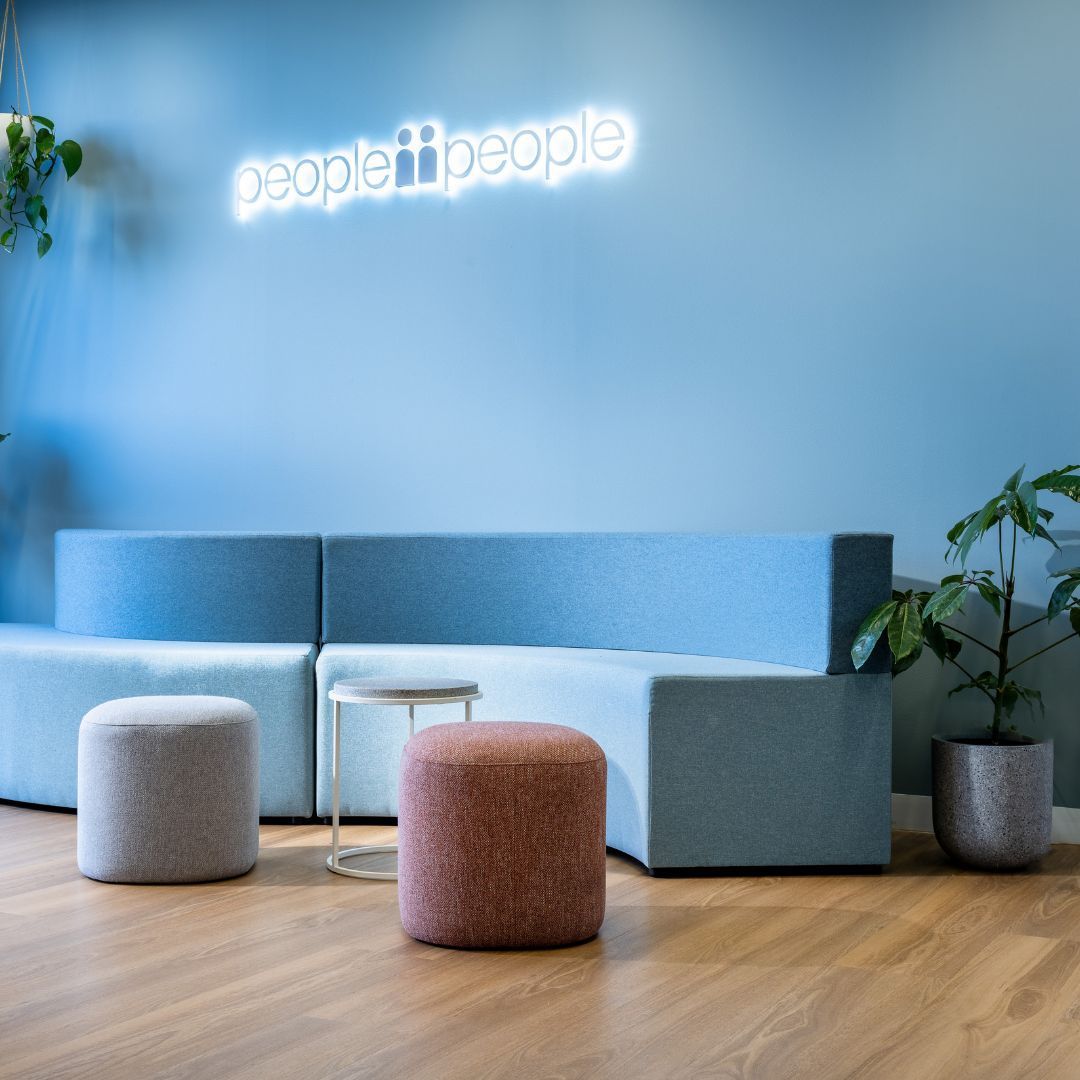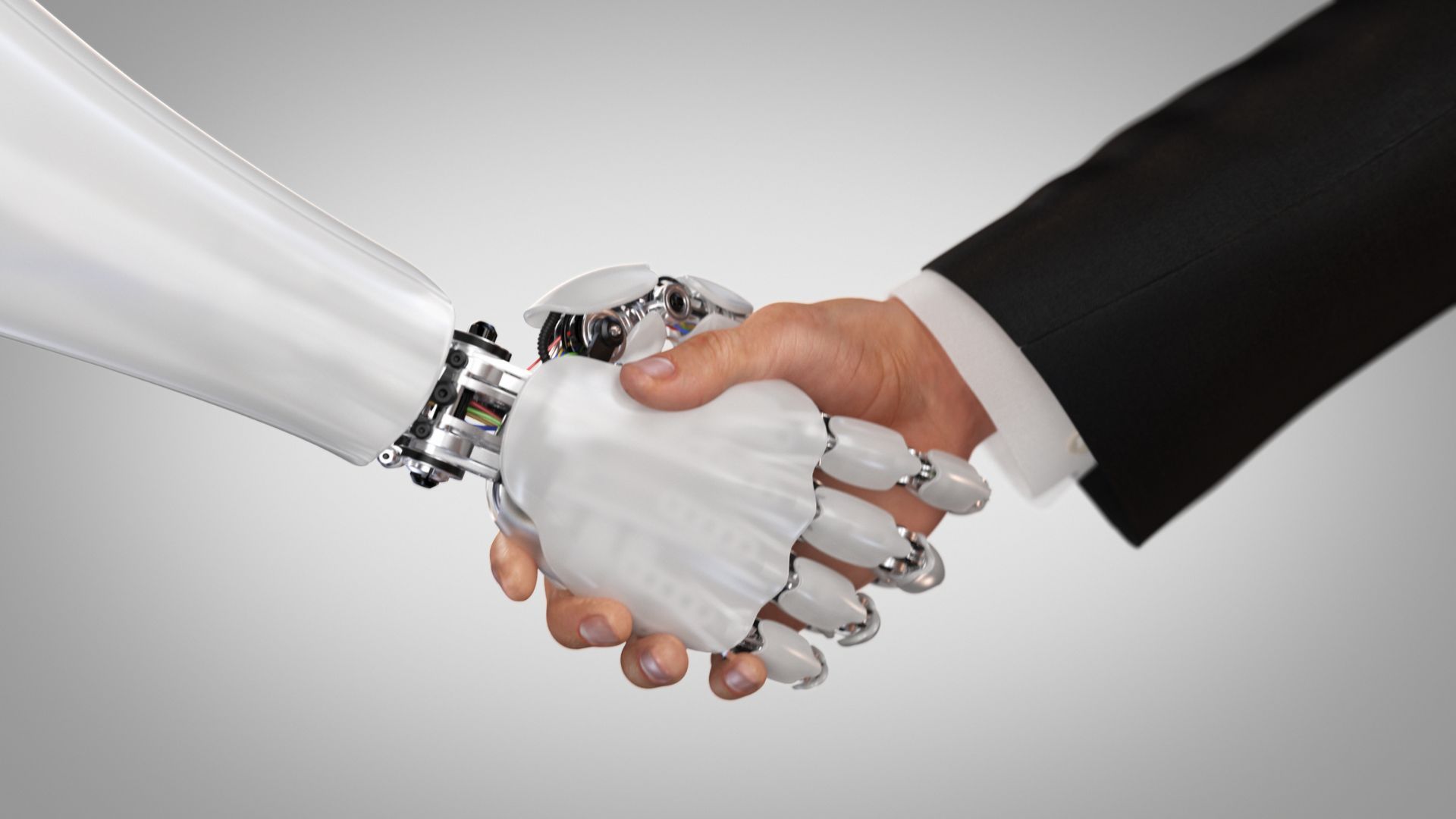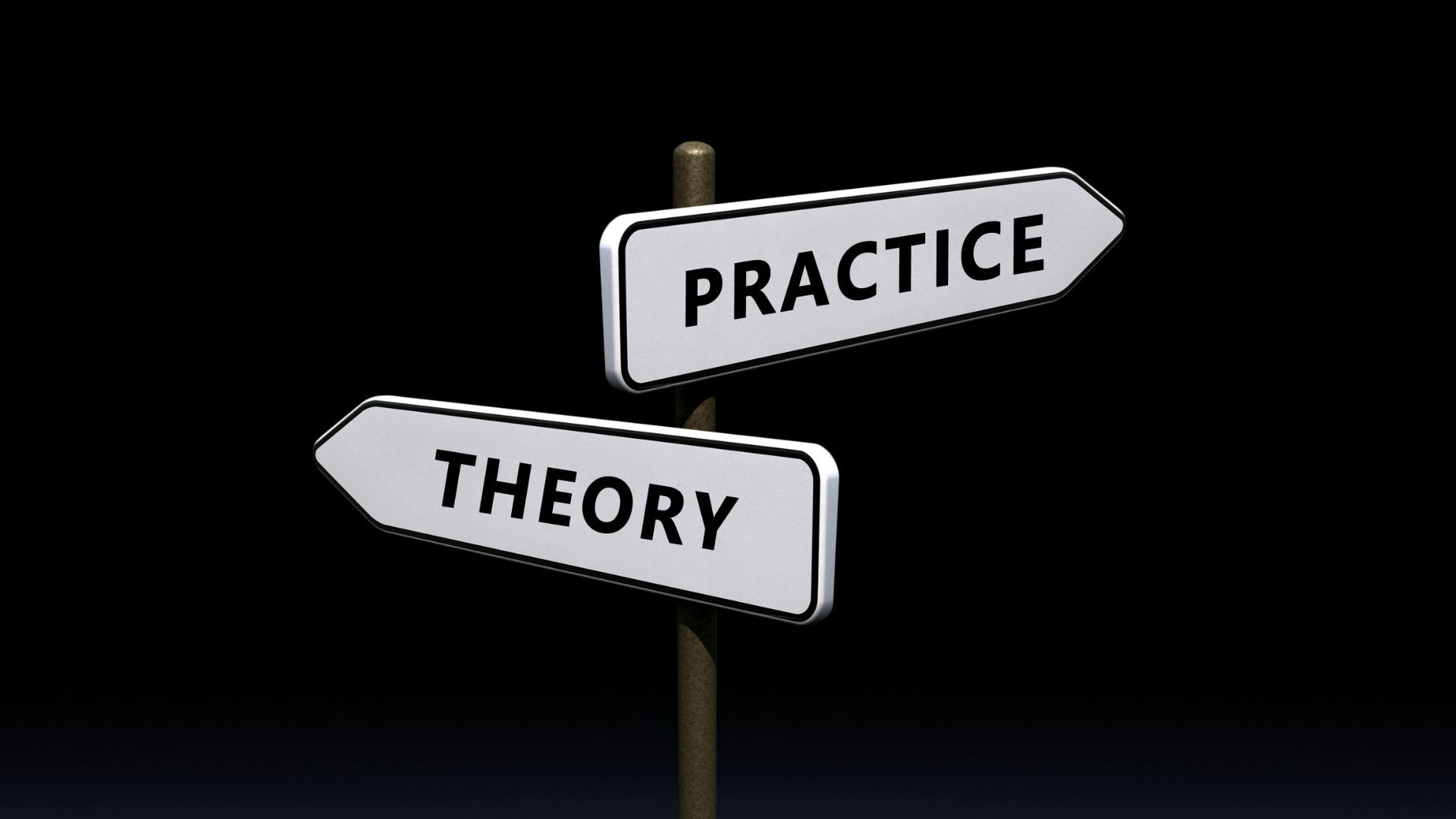By Janet Gebre
•
March 24, 2025
Artificial intelligence (AI) has rapidly moved from being a futuristic concept to a practical tool already reshaping industries—including human resources. In fact, recent surveys show that 68% of HR leaders have already integrated AI into their hiring processes. From automating repetitive tasks to enhancing candidate experiences, AI is unlocking new efficiencies across the entire recruitment lifecycle. As AI becomes more mainstream, HR teams are leveraging tools like chatbots, generative AI platforms, and applicant tracking systems with built-in intelligence to save time and make smarter decisions. Whether it’s auto-sorting CVs, drafting communications, or delivering data-backed insights, AI is now a critical element in HR’s toolkit. However, with these benefits come valid concerns. Questions around bias, ethics, data quality, and the fear of losing the “human touch” still hold some organisations back from adopting AI. For businesses looking to remain competitive in today’s fast-moving job market, understanding how AI works—and how to use it responsibly—is essential. With AI quickly becoming a core part of HR strategy, the challenge for many professionals isn’t whether to adopt it, but how to do so effectively while maintaining fairness and empathy in the hiring process. “Sixty-eight percent of HR leaders have integrated AI into their hiring,” In a recent live stream, Aiden Boast, Temporary Specialist Recruitment Team Leader at people2people, sat down with Nicole Ashe, HR expert and author of The People Perspective, to explore how AI is shaping recruitment and the workplace. Aiden kicked things off by highlighting the growing adoption of AI in hiring. “Sixty-eight percent of HR leaders have integrated AI into their hiring,” he noted. “As AI continues to reshape the hiring process for many, businesses that embrace it are gaining a competitive edge.” Nicole explained that AI is not a singular tool but a suite of technologies working together to improve HR outcomes. “AI is about augmenting—it’s about lifting your expertise in HR or talent acquisition and levelling it up,” she said. “It can predict outcomes, automate repetitive tasks, and provide insights HR professionals need to make better decisions.” She emphasised how everyday tools like Copilot and ChatGPT are already making life easier for HR teams. “Once you train AI in your brand or voice of your organisation, it won’t sound artificial… it actually lifts your game,” she added. One surprising use case Nicole shared involved public transport: “AI is already used by Transport NSW to adjust traffic lights, helping Sydney buses run on time.” Closer to HR, she noted, “Platforms like LinkedIn Learning are using AI to suggest training based on people’s skills and career goals.” Aiden then raised a key concern: resistance from HR leaders. Nicole was quick to respond. “The biggest concern is bias,” she said. “AI is only as good as the data it learns from. If your past hiring practices have bias, that will carry through.” She also acknowledged a common fear: that AI might replace human roles. “It’s not about replacing recruiters—it’s about enabling them to focus more on relationships and less on admin,” she explained. “AI lets recruiters get back to understanding candidates, building connections, and making more informed decisions.” The conversation also touched on misconceptions. Nicole noted, “People think AI makes final hiring decisions, but it’s only one part of the process.” The real opportunity lies in combining human judgment with AI-generated insights to deliver faster, fairer, and more effective hiring. As AI becomes more embedded in day-to-day workflows, HR leaders will need to sharpen their skills. “AI literacy is becoming essential,” Nicole said. “It doesn’t mean you need to be an engineer, but you must understand what AI can and can’t do.” She encouraged organisations to take a phased approach to AI adoption. “Start small—maybe with a chatbot or automating email responses—then build from there,” she suggested. “HR’s role is also to help shape governance and ethical frameworks around how AI is used.” Aiden closed the conversation with appreciation for Nicole’s insights. “It’s fascinating how AI is already integrated in so many ways. Thanks for helping us understand the potential—and the pitfalls.” Key Strategies for HR Leaders Embracing AI As more companies integrate AI into their HR systems, leaders should consider the following strategies to successfully navigate the transition: 1. Prioritise AI literacy. HR teams must understand how AI works, what it can do, and where its limits are. This means upskilling staff to interpret AI-driven insights and manage its outputs responsibly. 2. Start small and scale. Begin with manageable projects like automating scheduling or implementing a recruitment chatbot. As confidence and understanding grow, expand into more complex areas like predictive analytics and performance tracking. 3. Always involve human oversight. AI is a tool—not a replacement. HR professionals should validate AI outputs, especially in candidate selection, to ensure fairness and ethical decision-making. 4. Monitor for bias. Regularly audit AI tools to ensure they’re not perpetuating bias from past hiring decisions. This includes reviewing data sources, outputs, and how algorithms rank candidates. 5. Build clear governance policies. Develop and enforce frameworks around AI use, including transparency, data privacy, and accountability. Define who is responsible for monitoring outcomes and adjusting systems when needed. 6. Use AI to free up time for human connection. Let AI handle time-consuming tasks so HR professionals can focus on strategic initiatives, candidate engagement, and employee experience—the parts of HR that truly require a human touch. 7. Treat AI as a collaborative partner. Think of AI as a personal assistant. When trained correctly, it enhances productivity, creativity, and accuracy, but the final decisions should still rest with people. As AI continues to revolutionise HR practices, those who embrace it thoughtfully and ethically will be better positioned to attract talent, improve candidate experiences, and drive long-term success.










